Surprising Takeaways About Portland’s Booming Growth
Monday, April 20, 2015
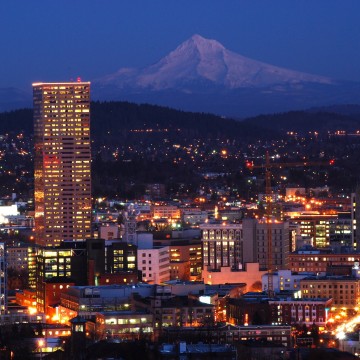
The city is growing, and that’s not surprising. Once you break the numbers down, though, some surprising facts emerge.
Gentrification is a problem
Portland’s residents pride themselves on their welcoming nature. However, Portland is experiencing extensive gentrification according to a study from governing.com. In fact, more than 58% of its eligible tracts are gentrified, which is more than any other city reviewed in the study.
Portland is still the “White City”
Portland is 76% white, according to the latest census numbers from 2010, which makes it the whitest major city in America. Ifanyi Bell wrote an article for Oregon Humanities about how growth in Portland has affected the minority communities.
“I have flowed against the onrush of new pioneers seeking to claim a slice of the Oregon way of life, in search of a place where I could simply breathe. It isn’t an easy sentiment to verbalize, but it’s something many black Portlanders understand,“ Bell says.
He produced a video which is based on his experience as a member of the Black community in Portland:
Number 1 for Relocation
More people moved to Oregon than any other state in 2014, according to a study by United Van Lines, which tracked 128,000 moves. More than 66 percent of moves to and from Oregon were inbound.
Michael Stoll, economist, professor and chair of the Department of Public Policy at the University of California, Los Angeles, was quoted in United’s report: “With economic stability growing nationally, the current migration patterns reflect longer-term trends of movement to the southern and western states, especially to those where housing costs are relatively lower, climates are more temperate and job growth has been at or above the national average, among other factors. Unique amenities such as outdoor recreation, arts and entertainment activities, and green space protection likely continue to propel Oregon to the top of the list for the second straight year.”
Where They Are Coming From
Most people who relocate to Portland come from Los Angeles, San Francisco, and New York City, according to data from OregonEconomicAnalysis.com.
“The vast majority of the influx is from California and also losses to Seattle, however you see an influx from the other large cities in the country. New York has the 3rd largest influx and Chicago, Detroit and Minneapolis are in the top ten too,” read the report, prepared by Josh Lehner.
See the chart below:
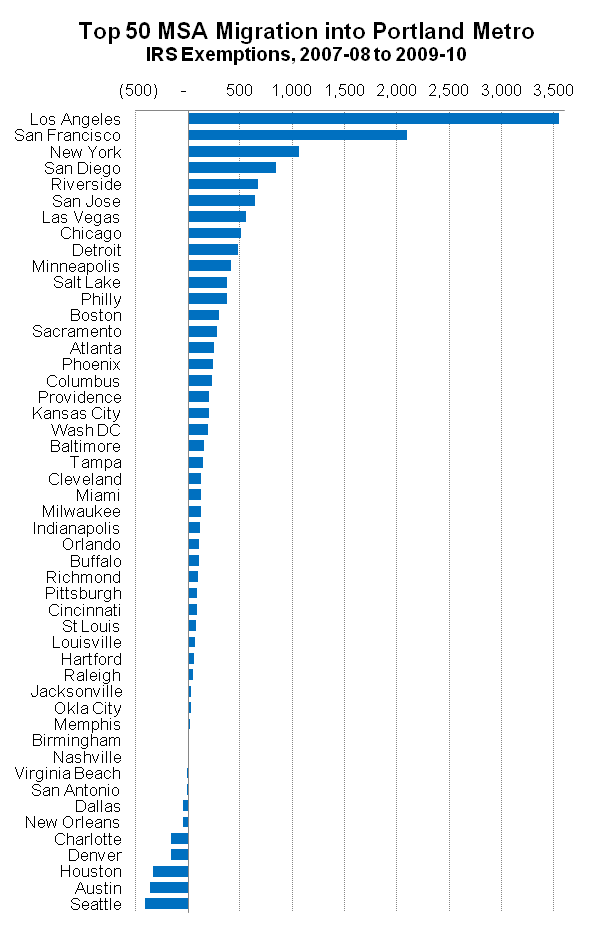
Where will they live?
Melanie Sevcenko’s March 24th piece in GoLocalPDX, “Will Growth Kill Portland?” outlines some of the challenges as to where the expected emigrants coming to Portland will live - rents are going up. A one-bedroom apartment in Portland rented for $808 an month five years ago, and now costs $1,146.
The controversial urban growth boundry prevents sprawl. However, the debate rages on about taller buildings, too, which are capped at 460 feet, or roughly 40 stories tall. There’s even a restriction on where shadows can fall. For example, structures next to a park may not cast a shadow on the park between the hours of 9am and 3 pmbetween April and August.
Where Will They Go to School?
Projections by Portland State University estimate 13 percent more students by the 2028-29 school year, according to Rebecca Randall’s April 16th GoLocalPDX article, "How Portland’s Growing Population Will Affect Its Public Schools.”
Christine Miles, Portland Public Schools spokesperson, told Randall that “whenever there is a projection of more student enrollment we have to take a look at whether our schools have capacity.”
Randall reports that the school district plans to begin rebuilding of Franklin and Roosevelt high schools. Grant High School will be rebuilt beginning in 2017, and many other schools will receive maintenance updates and seismic upgrades. Some of the money will also fund planning phases for rebuilds of Lincoln, Benson and Madison high schools.
“We’d hate to overbuild or underbuild,” said Miles.
According to PSU’s Population Research Center, migration is the biggest factor in enrollment increases. PSU’s medium-scenario projection anticipates a net gain of even more people than in previous years, meaning about 42,000 more people could live within the district boundaries by 2030.
Seattle Rivalry
There’s more to the Seattle/Portland rivalry than just the Timbers and the Sounders. Even "Portlandia" plays up Portland's inferiority complex when it comes to Seattle.
It turns out that more Portlanders are decamping to Seattle. 2013 data from the Oregon Office of Economic Analysis shows that more Portlanders are moving to Seattle than Seattleites are moving to Portland - six percent more Portlanders move to Seattle than the reverse.
Also, according to migration data from the Oregon Office of Economic Analysis (in the chart above), Portland loses more its population to Seattle than any other city.
Related Slideshow: Top 10 Cities For Job Growth
Job growth in Portland is up 2.9 percent, making it the 5th top U.S. for job growth, according to a study by Forbes. See which other cities mat the list.
Related Articles
- Portland’s Urban Growth Boundary Could Force the City to Go Taller
- Portland’s Tech Employment Not Keeping Up With Industry’s Growth
- Will Growth Kill Portland?
- Portland’s Rapid Economic Growth Leaves Poorest Oregonians Behind
- Portland 5th Top U.S. City for Job Growth in 2014
- Job Growth in Downtown Portland Surpasses Growth In Metro Area
- August Report Shows Positive Oregon Job Growth

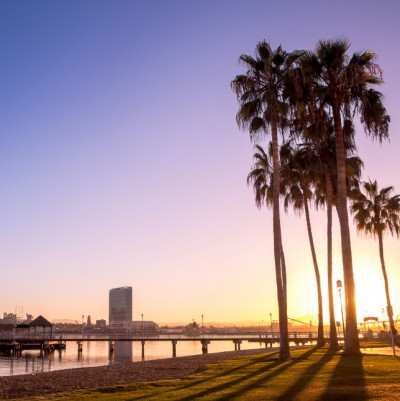
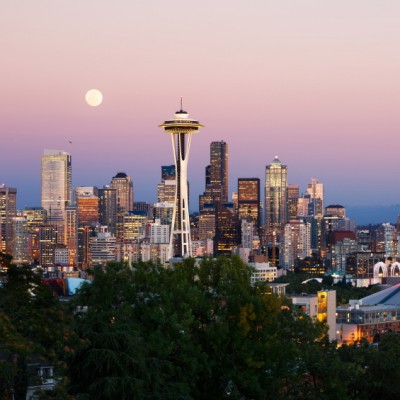
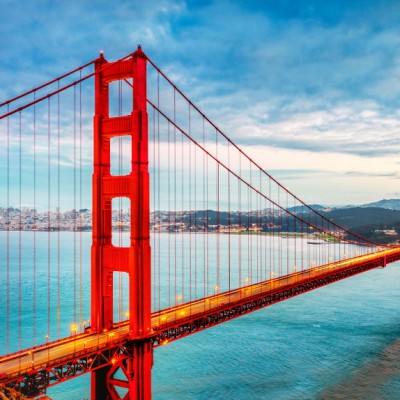
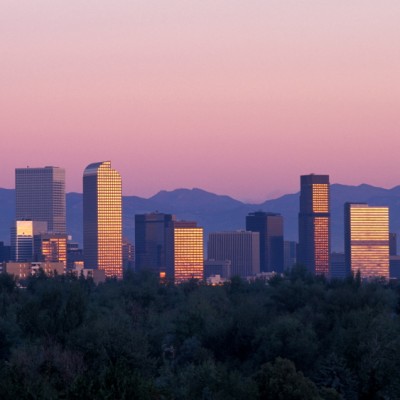

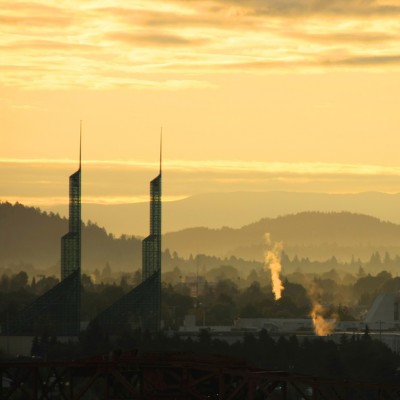
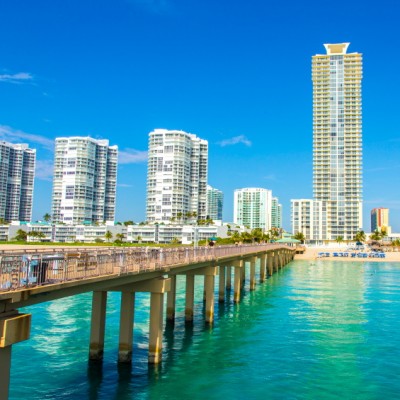
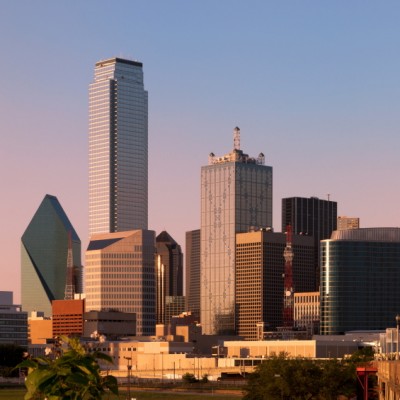
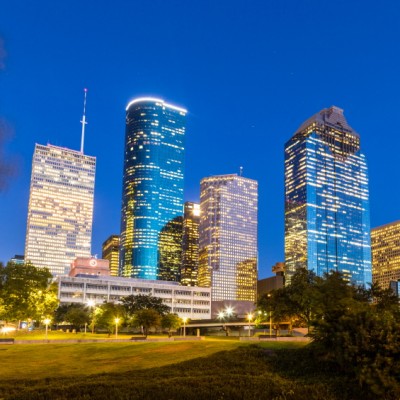
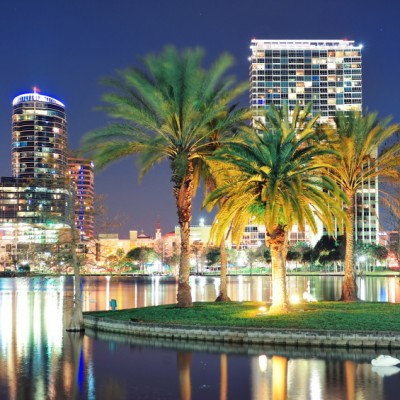













 Delivered Free Every
Delivered Free Every
Follow us on Pinterest Google + Facebook Twitter See It Read It